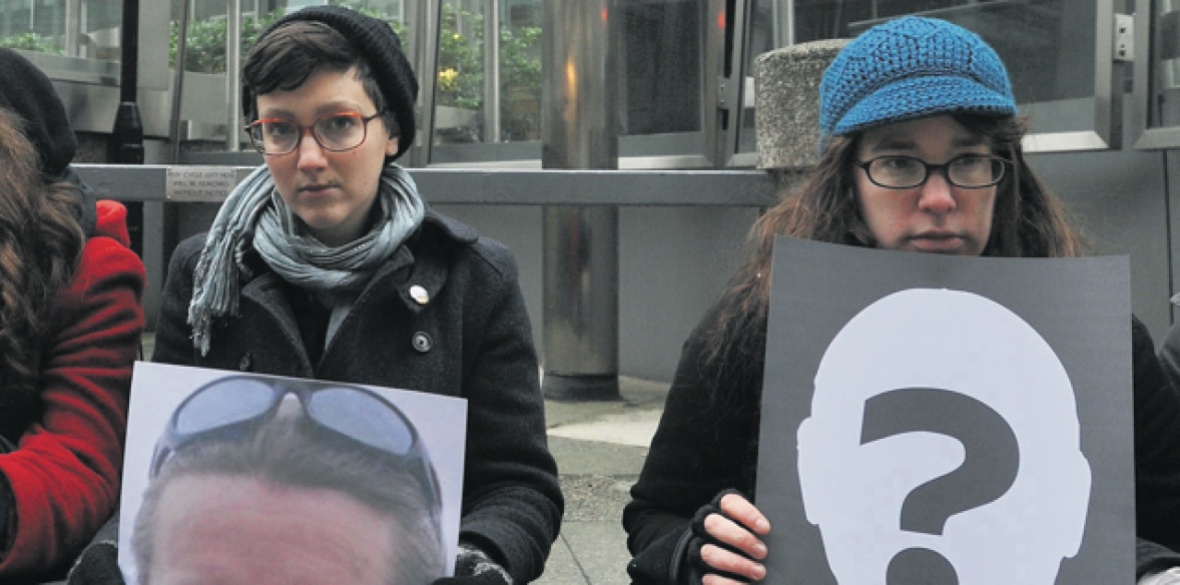This is the last article you can read this month
You can read more article this month
You can read more articles this month
Sorry your limit is up for this month
Reset on:
Please help support the Morning Star by subscribing here
LABOUR peers are seeking to remove a clause in the Spycops Bill which trade unions fear could allow state agents to commit crimes to disrupt industrial action.
If the Covert Human Intelligence Sources (CHIS) Bill is passed, undercover agents would be allowed to commit crimes “in the interests of the economic well-being of the United Kingdom.”
Trade unions argue that this could implicate aspects of legitimate union activity.
The Bill has already been rushed through the Commons and is now under scrutiny in the House of Lords.
Lord Hendy and Lord Hain are pushing for an amendment to scrap the “economic wellbeing” criteria of the proposed legislation.
Moving the amendment today on behalf of the two peers, Baroness Shami Chakrabarti, said: “This ominous phrase is undefined here but clearly capable of being interpreted as encompassing lawful industrial action which might inevitably have some adverse economic consequences.”
The Labour peer said that ministers claims that trade union rights were not at risk did “not inspire confidence on the part of trade unions,” in light of recent evidence disclosed by the Undercover Policing Inquiry.
The probe, led by Lord John Mitting, which began last month unveiled more evidence about police spying on trade unions.
“We now know from the undercover policing inquiry that the Metropolitan Police Special Branch kept files on trade unions and had an industrial intelligence unit keeping watch on them for no apparent lawful purpose,” she said.
Labour and Liberal Democrat members of the Lords also called for restrictions on the Bill so that undercover agents can only be authorised to commit offences while preventing “serious crimes.”
The CHIS Bill currently enables authorisations to prevent crime or prevent disorder.
Baronness Chakrabarti said that such restrictions were “vital” in light of the spycops scandal, which saw peaceful campaigners subjected to abuses by undercover officers.
Baronness Pauline Byran warned that the Bill in its current state could be perceived as “potentially political” and used to “simply to defend the status quo against anyone who challenges it.”
Responding to the debate, Home Office Minister Baroness Williams of Trafford said that the proposed restrictions could “mean that the public authorities are less able to investigate crime.
“An authorisation can only be granted if it is proportionate to the harm or criminality that it seeks to prevent. This would therefore not include … legitimate and lawful activity,” she claimed.











